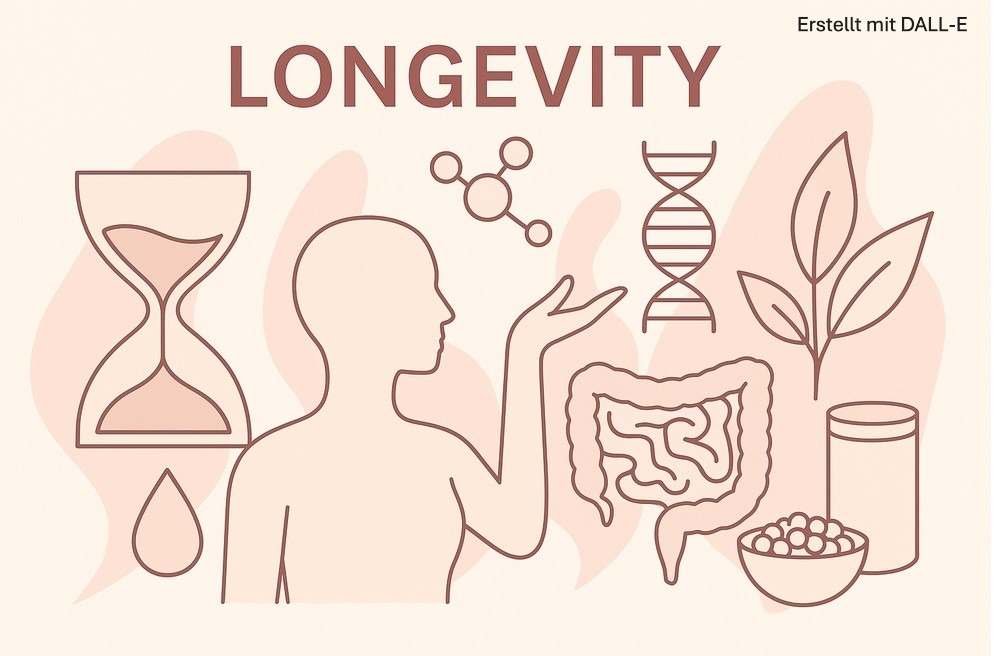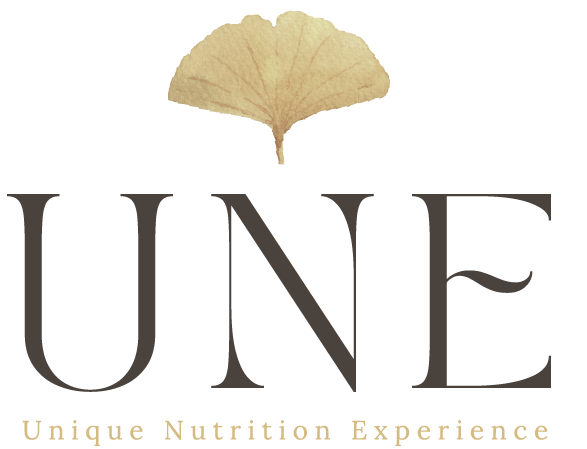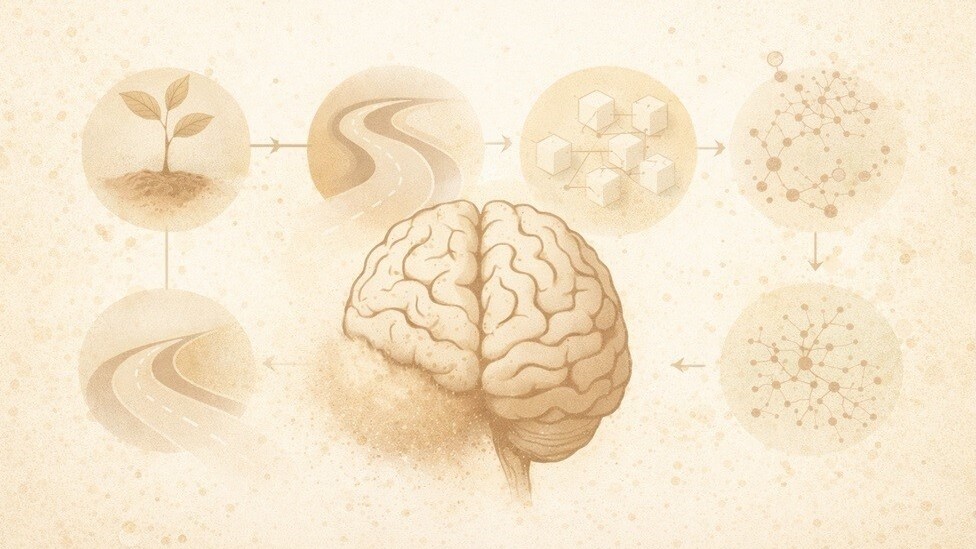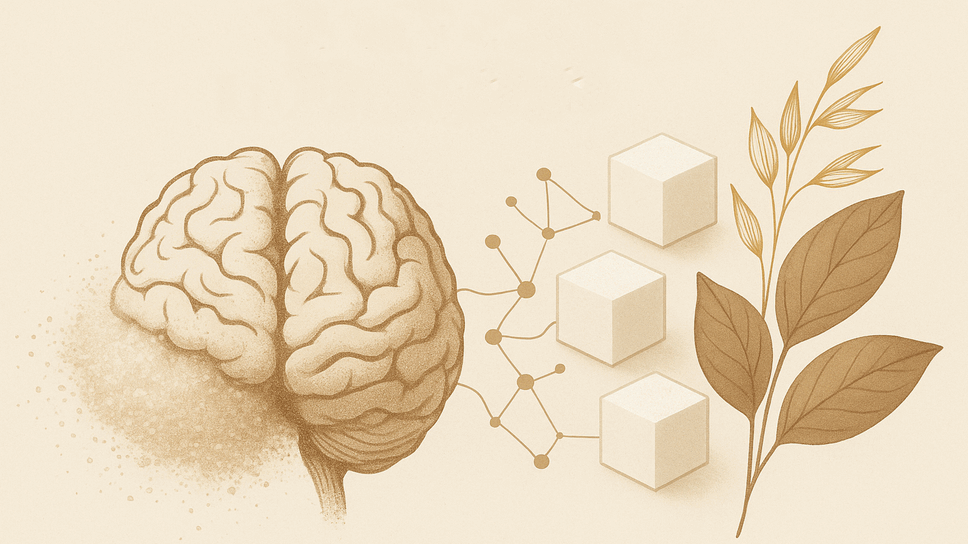
Longevity: Why Aging Doesn’t Mean Decline – and What’s Already Possible Today
Longevity & Healthspan: What Science Reveals
For a long time, longevity was considered a stroke of genetic luck. But modern research shows: it’s not genes, but lifestyle, that largely determines how long a person lives – and above all, how healthy they remain over time. An increasing number of studies suggest that the foundation for a long and active life is laid much earlier than previously thought – with nutrition, cellular health, and inflammation playing a central role.
Today, longevity is no longer just about adding years to life. The focus is shifting to what is called “healthspan” – the years one not only survives, but feels healthy, clear-headed, and full of energy.
What Does Longevity Really Mean?
The term “longevity” doesn’t simply refer to old age. It describes the body’s ability to remain functional, resilient, and strong – physically and mentally – for decades.
Interestingly, a distinction is now made between chronological age and biological age. The latter refers to the actual condition of one’s cells, blood vessels, organs, and immune system – and can be significantly younger (or older) than one’s date of birth would suggest, depending on lifestyle choices.
What Many Don’t Know – But Makes the Difference
One of the primary drivers of aging is a low-grade, chronic inflammation at the cellular level. In research, this process is known as “inflammaging” – a blend of the words “inflammation” and “aging.”
The gut microbiome is also gaining attention. It affects not only the immune system but also hormone production, metabolism, cognitive performance, and even skin health. A balanced gut can help slow aging – and vice versa.
Another factor is GLP-1, a natural hormone that signals satiety and has anti-inflammatory effects. It can be naturally stimulated through specific nutrition – especially fiber and protein. UNE Foods’ 3-in-1 collagen supplement was developed with these processes in mind.
A particularly exciting mechanism is autophagy – the body’s cellular self-cleaning process. It can be activated by certain dietary patterns, such as fasting or plant compounds like spermidine. Through autophagy, the body recycles damaged cell components – essentially a built-in rejuvenation system at the molecular level.
What Research Already Knows – and What’s to Come
There are now blood tests that can determine biological age using epigenetic markers. Research is also ongoing into senolytics (compounds that selectively clear out aging cells), peptide therapies, and supplements such as NAD+, NMN, or polyphenols.
In practice, this means: many of these findings can already be implemented in everyday life – without relying on advanced technology or futuristic medicine. The path to greater longevity begins with conscious nutrition, reduced chronic stress, restorative sleep, regular movement, and a solid foundation of essential micronutrients.
What Matters in Everyday Life
Radical changes aren’t necessary. Much more important is a long-term perspective: fiber, plant-based foods, clean proteins, healthy fats, and natural micronutrients form the foundation. Mindful breaks, a steady sleep rhythm, and reducing inflammatory triggers (such as ultra-processed foods, sugar, or ongoing stress) all support cellular health.
What truly matters: longevity is not a destination to reach someday – but a daily process that starts with everyday choices.
Our Contribution at UNE Foods
Products like UNE Foods’ high-fiber, lower-carb pizza mix, tomato-cheddar protein bread mix, oat fibers, cocoa fibers and the innovative 3-in-1 collagen supplement are not only easy to integrate into daily routines – they also align seamlessly with a nutrition concept that supports healthy aging. New gluten-free variants are already in development.
Disclaimer
This article is intended for informational purposes only and does not constitute medical or therapeutic advice. For individual health concerns, please consult a physician or licensed nutrition professional.
Das könnte dich auch interessieren
19. December 2025
The brain does not age linearly – and that is precisely its strength
Why does learning new languages often feel effortless at a young age, while later in life…
7. November 2025
As good as homemade bone broth – just more modern
The answer from UNE Foods Anyone who has ever made traditional bone broth knows how much…
24. October 2025
Sugar – The Silent Saboteur of Our Brain | UNE FOODS
Sugar affects far more than just blood glucose levels – it shapes how our brain thinks,…




